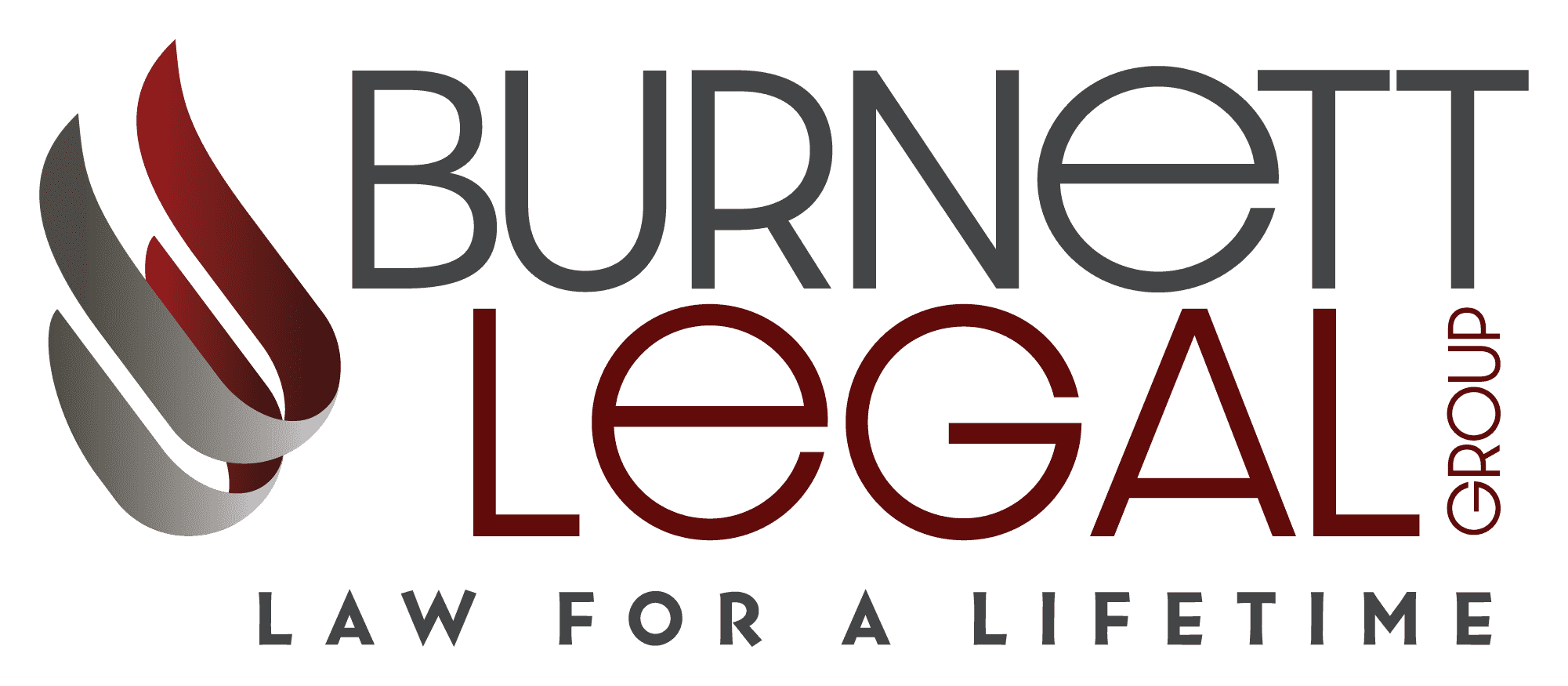
Omaha Estate Planning Attorneys
Preparing for Your Future, Today
 Many of us are concerned with what happens after we die. We want to have a say in how our personal possessions, property, and other assets included in our “Estate” are distributed among family members, friends, and charities. In order to accomplish these goals, it is necessary to have an estate plan in place.
Many of us are concerned with what happens after we die. We want to have a say in how our personal possessions, property, and other assets included in our “Estate” are distributed among family members, friends, and charities. In order to accomplish these goals, it is necessary to have an estate plan in place.
At Burnett Wilson Law, we understand cases involving estate planning and probate can be highly complex and emotionally taxing, and that is why we stand ready to provide you with legal assistance. When you choose to work with our Omaha estate planning lawyers, we will examine every detail of your situation and determine which strategies can best safeguard your future and the futures of your closest loved ones. Remember, it is best to take action sooner than later, so we invite you to call us right away.
Don’t procrastinate on planning for the future. Contact our Omaha estate planning lawyers online or at (402) 810-8611 for a case evaluation from Burnett Wilson Law.
Our Estate Planning Services in Omaha & Beyond
Burnett Wilson Law was founded by an experienced estate planning attorney, Anne Burnett, and estate planning continues to be a central practice area for the firm. Our attorneys have expertise in drafting simple and complex estate plans, litigating estate disputes, and handling estate administration matters, such as Inheritance Tax Determinations and Probate.
When you come to our firm, our team of Omaha estate planning lawyers can help you with:
- Drafting a will
- Creating a trust
- Establishing power of attorney
- Setting up a guardianship or conservatorship
- Probate and trust administration
We understand the death of a family member is one of the most difficult and stressful situations a family can face, but it can be made even worse with an inexperienced or uncaring estate planning attorney. Our team at Burnett Wilson Law has extensive experience helping our clients through estate planning during their lifetime to make estate administration smooth and efficient after a loved one has passed.
Read what our clients have to say about us here!
"My mother had used Burnett Wilson Law for her estate planning. DeAna and the rest of the team we dealt with were empathetic and understanding. They treated us with the utmost respect and professionalism and made a difficult situation easier for us than I expected. I would recommend them for estate planning, and will be using them for my wife and I when we set ours up." - Former Client
What are the Primary Components of an Estate Plan?
 An estate plan has several components, some of which can function separately or be used in conjunction with each other to protect your loved ones from tax penalties, a lengthy probate process, and more.
An estate plan has several components, some of which can function separately or be used in conjunction with each other to protect your loved ones from tax penalties, a lengthy probate process, and more.
What is a Will?
The primary piece is an estate plan is a “Last Will & Testament,” which is why the person who signs the will is known as the “Testator.” A will is a document in which the Testator names a trusted party as a “Personal Representative” (sometimes referred to as an “Executor”), an individual who administers the estate and ensures the testator’s wishes are carried out. A will also specifies to whom the testator wants his or her assets transferred. A will can also serve the important function of appointing a Guardian and Conservator for minor children should both parents pass away while their children are still young.
Power of Attorney in Your Estate Plan
A quality estate plan also includes power of attorney, in which the “Principal” appoints someone to handle health care and financial decisions on their behalf in the event of incapacity during their lifetime.
What You Need to Know About Trusts
An estate plan can also involve a “Trust,” a legal entity distinct from the Testator that holds property for the benefit of beneficiaries specified in the trust agreement. The person who establishes the trust is called the “Settlor” and the person who manages the trust for the benefit of the trust beneficiaries is called the “Trustee.”
Choosing a trustee is a very important decision, as they have many important duties to carry out. This is why many people choose a family member to be their trustee. Some of the duties trustees have include, investment management, bookkeeping, filing taxes, retaining help, and fee collection. To learn more about trusts, trustees, and how our team can help you read our blog post “Trusts & Trustees 101: What You Should Know About Trusts.”
Revocable vs Irrevocable Trusts
Trusts can be revocable or irrevocable. Often a trust will be revocable while the settlor is alive—thus giving them the flexibility to make changes as they see fit—but then becomes irrevocable when they pass away. The creation of a trust is often used to avoid the time and expense of court proceedings called “Probate.” In short, a trust can often streamline and simplify the time and expense of estate administration following death.
The Importance of Estate Planning
According to various sources, more than half of all Americans die without an estate plan in place. When this occurs, the state court must decide who will get the assets and, if the person has any children, who will care for the assets. Although estate planning is most associated with the wealthier class and the elderly, individuals from all walks of life and age ranges can benefit from it. In fact, it is better to start your estate plan earlier rather than later.
How might this become problematic? If an individual dies and leaves a surviving unmarried partner or wished to leave their assets with a favorite charity, the court will more than likely pass the assets to the closest blood relatives instead. For this reason, individuals should be sure to list their specific desires in their will should they wish to direct their assets to specific parties in the event of their death.
One of the most overlooked elements of estate planning deals with updating beneficiaries on financial assets, such as:
- Retirement accounts
- 401(k) plans
- Life insurance policies
- Regular bank accounts
Beneficiaries Must Be Updated
As an individual or couple moves through different milestones in life, it is important that they change their beneficiaries. One financial planner explains one situation he had with a client who, after divorce, updated his will to exclude his ex-spouse. However, because his beneficiary designations were not updated, his ex-spouse was entitled to his retirement account assets.
What if No Beneficiary is Listed or the Beneficiary Has Already Passed?
In these types of cases, assets automatically go into probate, which is when the assets are used to pay off any debts, and the remainder is distributed to heirs. Each state has laws that govern the amount of time creditors have to make a claim against a descendant’s estate. This timespan usually lies between 6 months to a year.
We are standing by to take your call at (402) 810-8611, or you can fill out our online contact form.
Families We've Helped
"They have a great legal team with the knowledge and experience in many different specialties of law."
- Former Client

